If you think all purified water flows from bottled water sold in stores, a new study will make you think twice about stocking up.
Orb Media, a non-profit journalism organization based in Washington, D.C., led a research that found microscopic plastic particles inside single bottles of water. It's a dispiriting revelation within the fastest-growing beverage industry valued at $147 billion per year, according to Orb's website.
The research was conducted at State University of New York in Fredonia and tested 250 different bottled water brands from Brazil, China, India, Indonesia, Kenya, Lebanon, Mexico, Thailand and the United States.
The discovery of "widespread contamination" in 93% of the samples – including Aqua, Aquafina, Dasani, Evian, Nestle Pure Life and San Pellegrino – revealed the presence of such contaminants as polypropylene, nylon, and polyethylene terephthalate (PET).
Orb confirmed the contents of the contaminants from research results.
For plastic particles in the 100 micron, or 0.10 millimeter size range, tests conducted for Orb at the State University of New York revealed a global average of 10.4 plastic particles per liter. These particles were confirmed as plastic using an industry standard infrared microscope.
Professor of chemistry Sherri Mason, who conducted the study, told BBC News, "We found [plastic] in bottle after bottle and brand after brand."
It's not about pointing fingers at particular brands; it's really showing that this is everywhere, that plastic has become such a pervasive material in our society, and it's pervading water - all of these products that we consume at a very basic level.
Even smaller plastic contaminants were found in the water samples, which averaged about 325 per liter.
Despite the plastic particles floating around in your bottled water, it's still considered potable to drink and there's no significant study indicating that ingesting small pieces of plastic could have harmful effects on your body.
But the discovery is still cause for concern.
"It's not catastrophic, the numbers that we're seeing, but it is concerning," Mason confirmed.
There are connections to increases in certain kinds of cancer to lower sperm count to increases in conditions like ADHD and autism. We know that they are connected to these synthetic chemicals in the environment and we know that plastics are providing kind of a means to get those chemicals into our bodies.
The lack of pure water available on the market perplexed Peggy Apter, a real estate investor in Carmel, Indiana. "It's disheartening, I mean, it's sad," she said. "I mean, what's the world come to? Why can't we have just clean, pure water?"
We're wondering the same thing.
So what's the alternative? Depending on the region, Mason suggested that cleaner water can be found at home.
"Tap water, by and large, is much safer than bottled water," she said.
For Jacqueline Savitz, chief policy officer for North America at Oceana, the study confirmed it's time to stop purchasing bottled water.
We know plastics are building up in marine animals, and this means we too are being exposed, some of us every day. It's more urgent now than ever before to make plastic water bottles a thing of the past.
It's time to look for alternatives. For better health and a better planet.

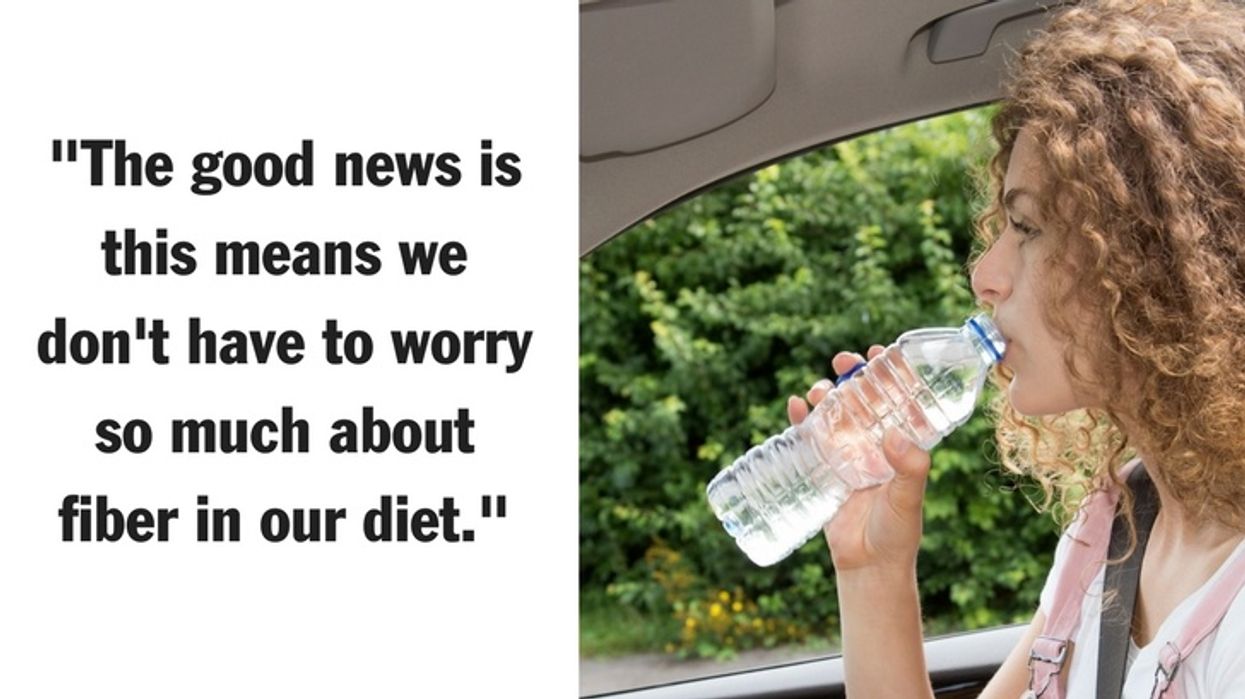


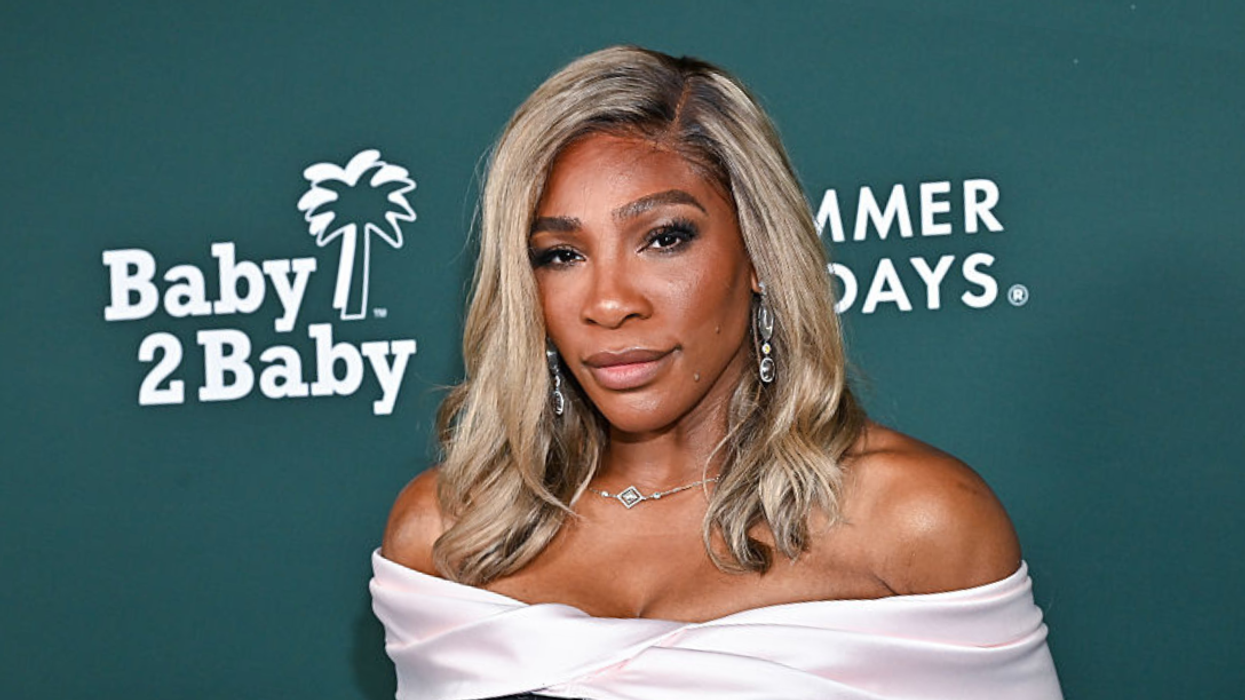
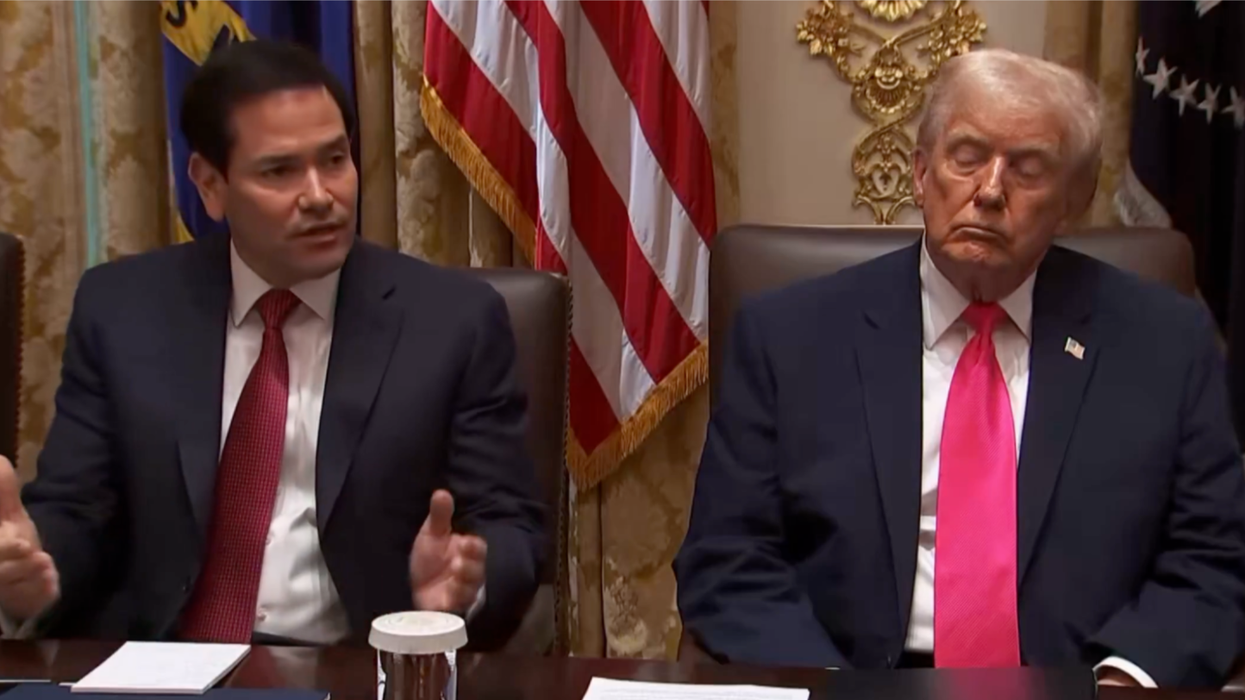






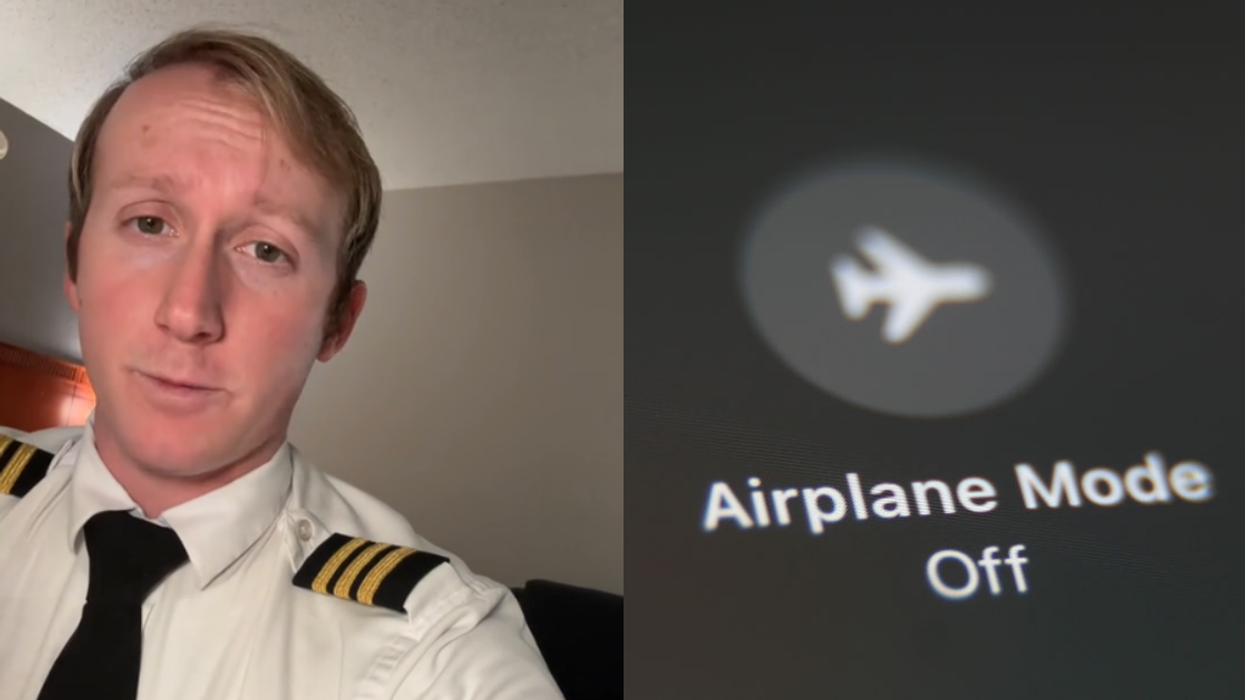

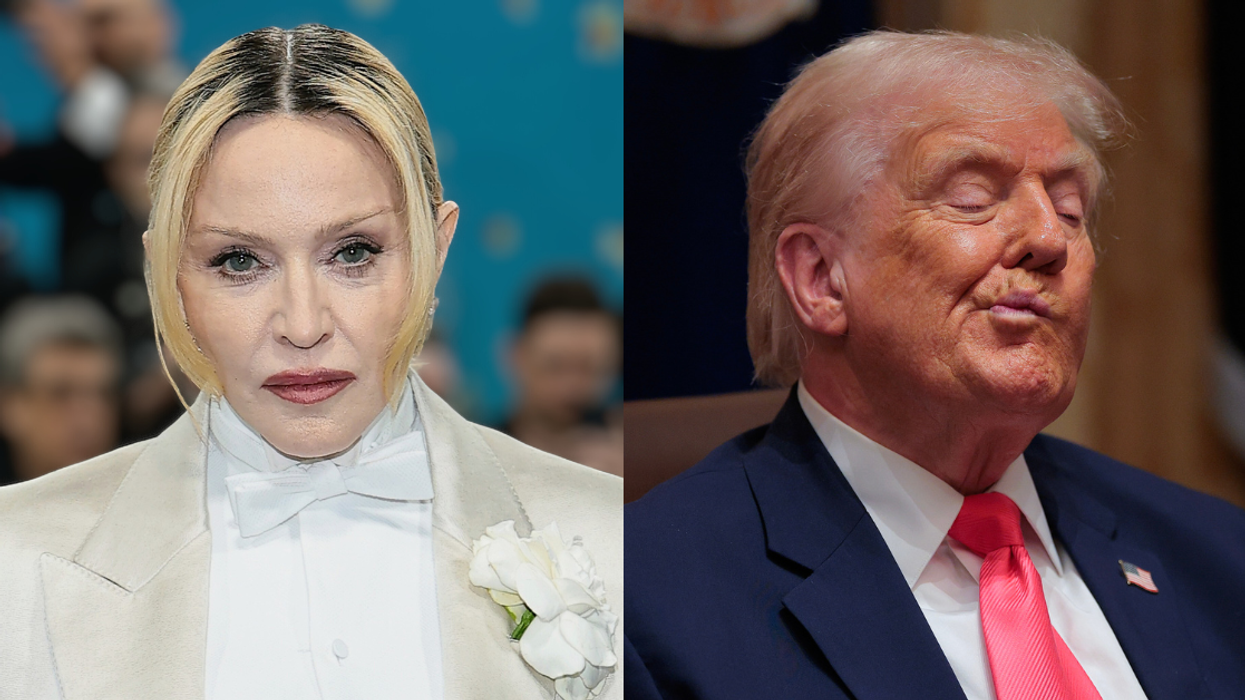
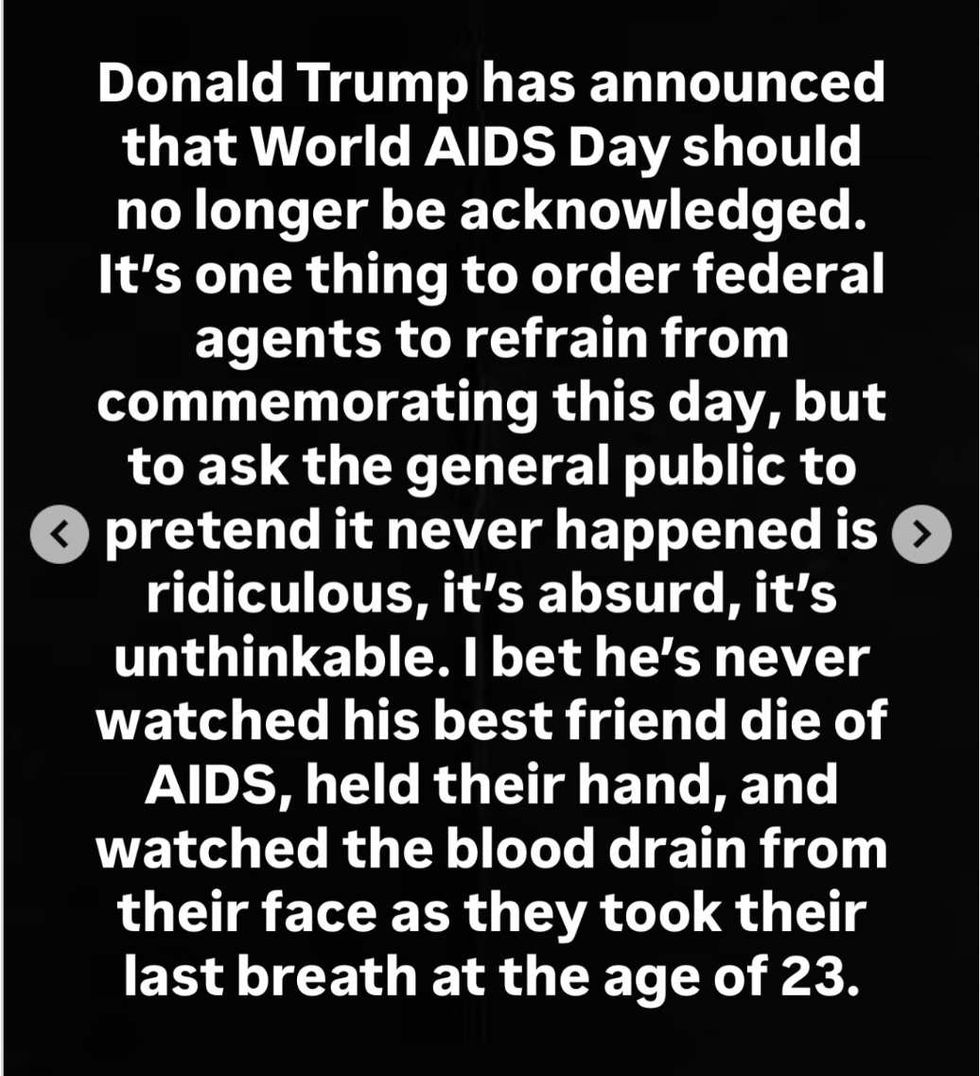 @madonna/Instagram
@madonna/Instagram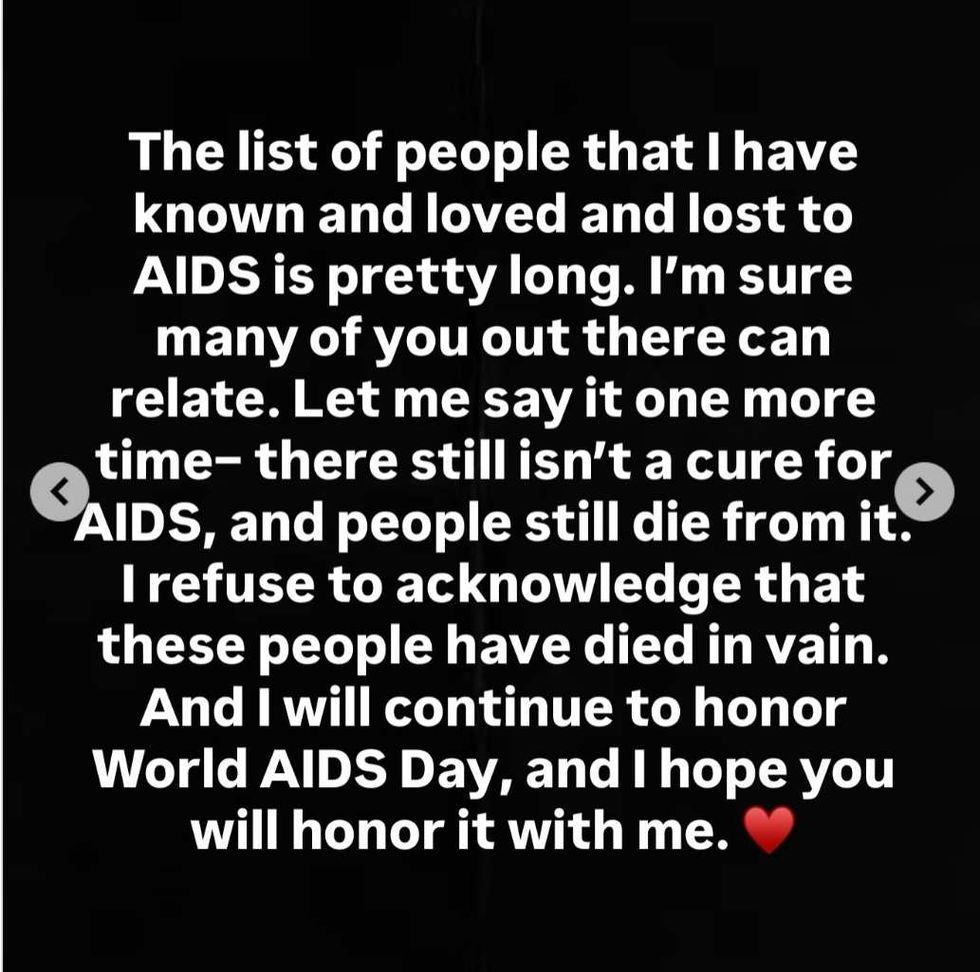 @madonna/Instagram
@madonna/Instagram @madonna/Instagram
@madonna/Instagram @madonna/Instagram
@madonna/Instagram @madonna/Instagram
@madonna/Instagram @madonna/Instagram
@madonna/Instagram @madonna/Instagram
@madonna/Instagram @madonna/Instagram
@madonna/Instagram @madonna/Instagram
@madonna/Instagram @madonna/Instagram
@madonna/Instagram @madonna/Instagram
@madonna/Instagram @madonna/Instagram
@madonna/Instagram @madonna/Instagram
@madonna/Instagram @madonna/Instagram
@madonna/Instagram @madonna/Instagram
@madonna/Instagram @madonna/Instagram
@madonna/Instagram @madonna/Instagram
@madonna/Instagram @madonna/Instagram
@madonna/Instagram @madonna/Instagram
@madonna/Instagram @madonna/Instagram
@madonna/Instagram @madonna/Instagram
@madonna/Instagram @madonna/Instagram
@madonna/Instagram @madonna/Instagram
@madonna/Instagram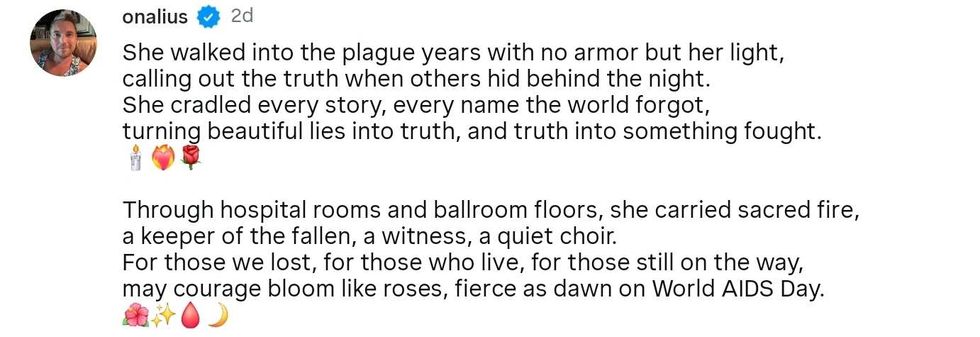 @madonna/Instagram
@madonna/Instagram @madonna/Instagram
@madonna/Instagram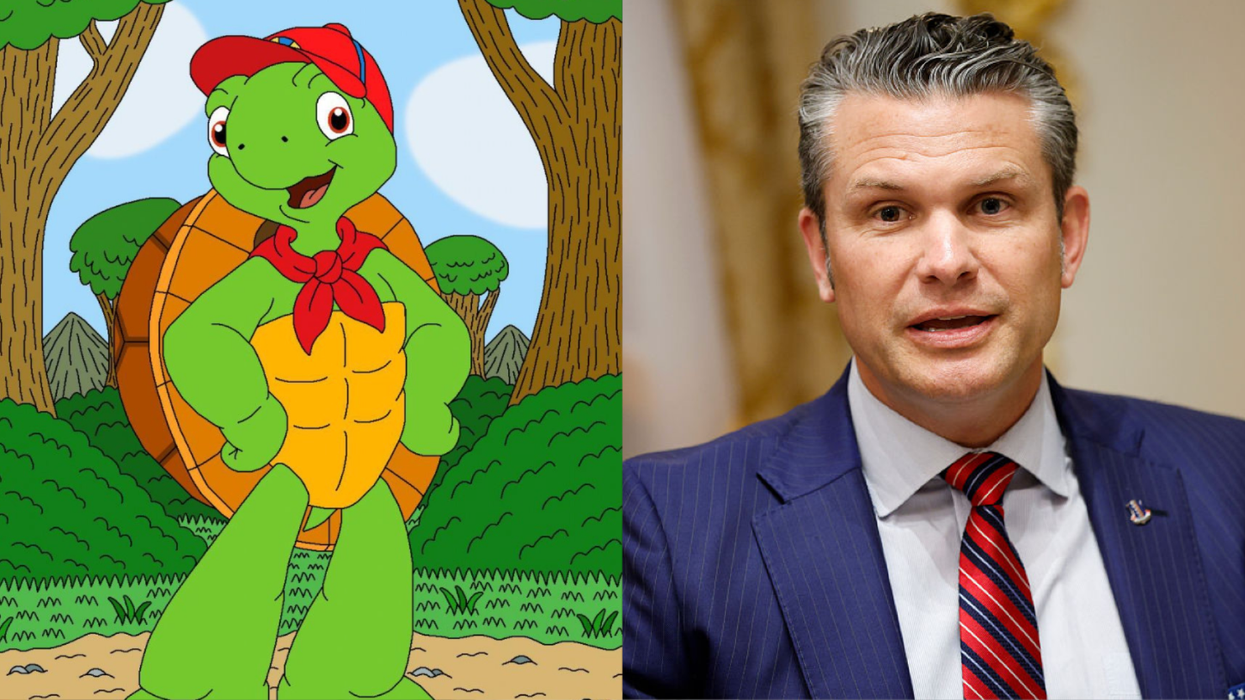
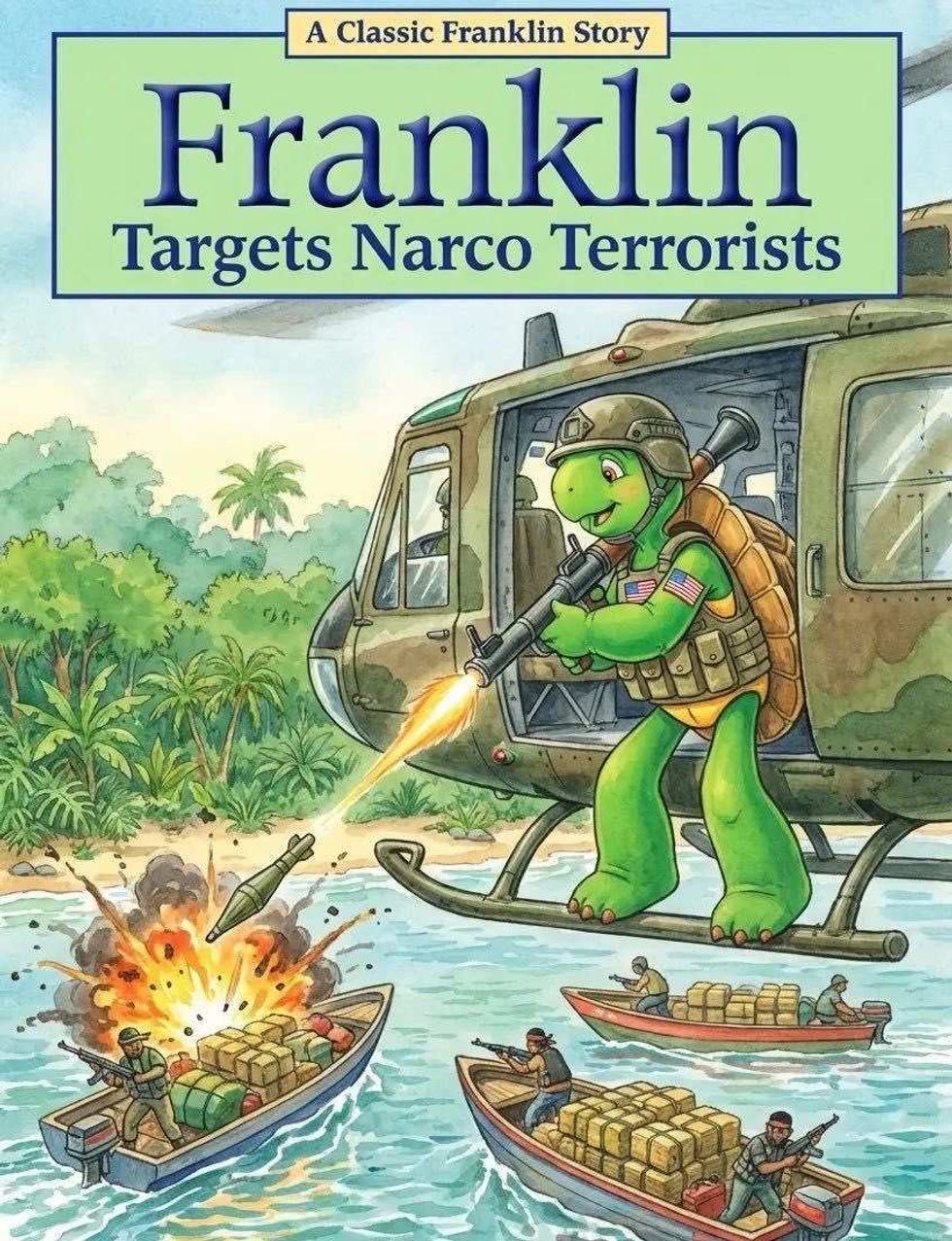 @PeteHegseth/X
@PeteHegseth/X
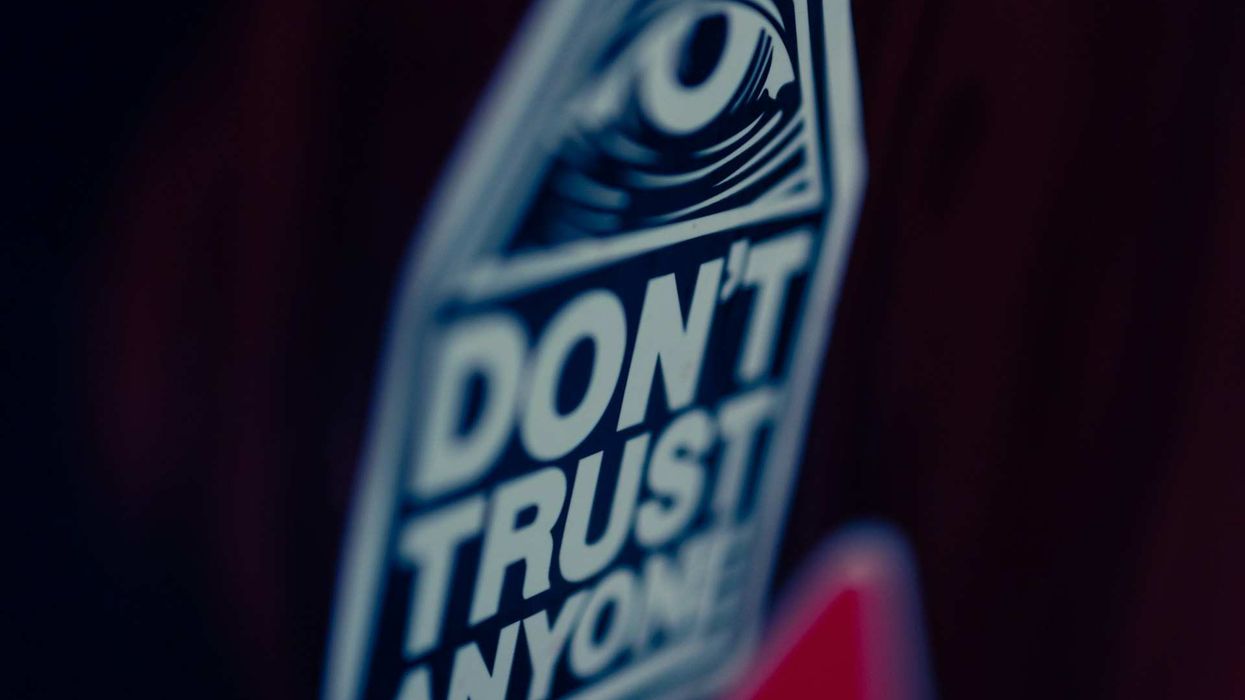
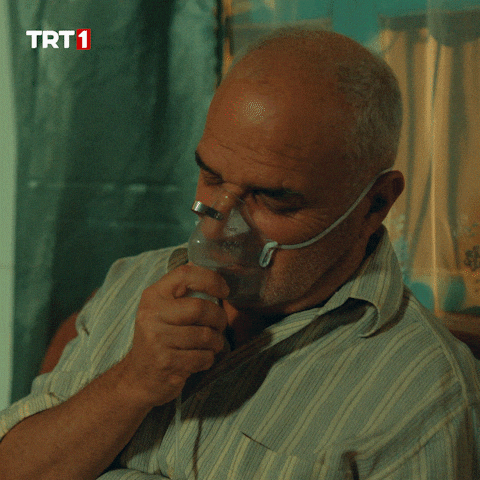 Relax Breath GIF by TRT
Relax Breath GIF by TRT  ha ha simpsons GIF
ha ha simpsons GIF  warning go away GIF by Kathryn Dean
warning go away GIF by Kathryn Dean